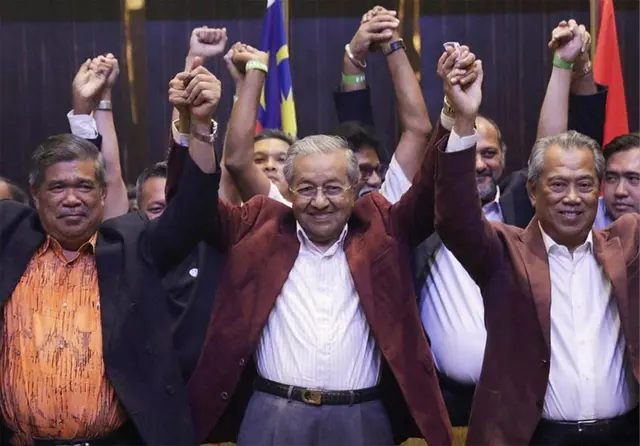By APD Commentator Zhao Yan
Translated by Deng Xianlai
It turned out on Tuesday evening that Russia, one of the world’s major powerhouses of winter sports, was banned from participating in the upcoming Winter Olympic Games to be held in Pyeongchang, South Korea, in February. The decision was made by the International Olympic Committee (IOC) after its executive board met in Lausanne, Switzerland, and confirmed there were “systemic manipulation of the anti-doping rules and system in Russia” during the Sochi Winter Games in 2014. The IOC also suspended the Russian Olympic Committee.
Rumors of Russian athletes’ systemic doping first emerged in 2015 and Russian track and field athletes were barred from competing in the 2016 Summer Games in Rio de Janeiro, Brazil, on their nation’s behalf.
In November, the IOC re-examined the urine samples of Russian athletes taking part in the Sochi Games and announced the first batch of results. There were altogether 10 athletes whose samples tested positive to banned substances. As a result, they were given lifetime bans for Olympic Games and the medals they won in the Sochi Games were confiscated as well.
Being kicked out from the 2018 Winter Games is both humiliating and lamentable for Russia, a sporting giant which has long regarded athletic prowess as a source of national pride.
Alexander Zhukov, president of the Russian Olympic Committee, apologized to the IOC in Switzerland for the “violations of anti-doping rules that were committed in our country.” Zhukov’s IOC membership was also suspended.
“At the same time, I want to once again draw your attention to the fact that today’s decision will directly affect the fate of a new generation of Russian athletes, many of whom for the first time get the opportunity to appear in the upcoming Olympic Games,” Zhukov said, adding that the innocent athletes will feel being abandoned in a big sport festival without national identification, national anthem or flag.
Despite the sincerity in Zhukov’s words, the result was nonetheless regrettable. The IOC ruled that Russian athletes who have undergone a strict selection process and are proved eligible can compete in the Pyeongchang Games but can only be designated as “Olympic Athletes from Russia.” Once they win gold medals, the Olympic flag will be raised during the award-giving ceremony with the Olympic Hymn being played in the background.
It is a pity that the country’s young athletes will have to take responsibility for the wrongdoings of the previous generations. The Winter Olympic Games without Russia will be less of a feast as Russian athletes are nowhere to be found in the likes of skating or ice-hockey, two examples in the list of sports in which the Russians are considered gold medal favorites. For those innocent athletes, the price that comes with the ban is the ruining of their professional careers, which oftentimes last for a short timespan even under normal conditions.
Perhaps Russia’s gigantic state apparatus did play a role leading to the awkward situation the sport super power now finds itself in. Yet, what is more sarcastic is that for this country, the Olympic -- which by its stated values should have advocated mutual understanding, friendship, unity and fair play -- has always more or less been linked to politics.
The 1980 Moscow Summer Games, for instance, was boycotted by over 60 countries because of the Soviet Union’s invasion in Afghanistan. And when the U.S. city of Los Angeles became the host of the 1984 Games, the Soviet Union led its allies in the bloc of socialist countries to boycott the event as retaliation.
In 2014, when the Olympic flag returned to Russia after 34 years, incidents including the Kremlin’s decision to provide asylum to former CIA contractor and whistleblower Edward Snowden as well as the passing of a legislation forbidding same-sex marriage in Russia gave then U.S. President Barack Obama excuses for not attending the opening ceremony of the Sochi Winter Games. Leaders of other major Western nations followed Obama’s lead and all rejected Russian President Vladimir Putin’s invitations.
Shortly after the Sochi Games dropped its curtain, Russia was soon trapped in bitter isolation not only by Western sanctions related to the Ukraine crisis, but also by a series of adversarial actions slashed by the sport community following revelations of the alleged “state-sponsored” doping scandals.
Sport, however, should never be hijacked by politics, and the purity of the Olympic flag should not be defined by some individual countries.
Zhao Yan is the Research Fellow at Asia Pacific Institute and the international journalist of Xinhua News Agency.
(ASIA PACIFIC DAILY)
 简体中文
简体中文

